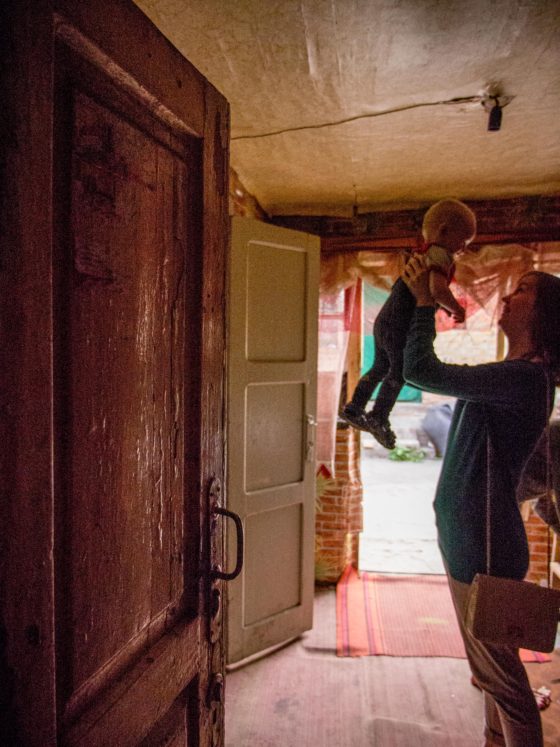Second World Culture Pt. II: Villages and Our Youth
See Pt I: Village Life to read about village life in Ukraine.
Yulia used to visit a former classmate in the village of Antonovichy, where many of her memories of village life are from. Once she even stayed for a whole summer break.
“Evidently,” she said, “If you’ve lived here since childhood, you get used to everything – the hard work, getting up early in the morning, walking long distances to neighboring villages, and even the fact that running water is outside from a well. I couldn’t get used to not having running water!”
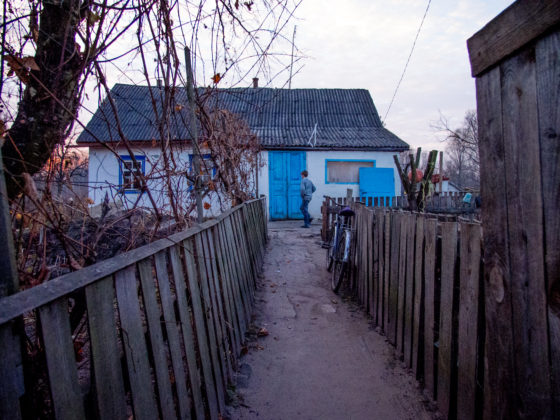
Yulia sees some advantages to living in the village – for example, being able to regulate your own heating system and your water (not so in the post-Soviet cities). And then there is the fresh air! City-dwelling Ukrainians vacation in the countryside to get away from city pollution.
But villages present a unique challenge for orphans. Many of our youth from the villages had alcoholic parents who severely neglected their homes, which are almost unlivable by the time our youth inherit them. These precious young people grew up in institutions, disconnected from the life of the village. Once installed in orphanages, they couldn’t learn the local social patterns, work habits, and relationships of the communities they return to.
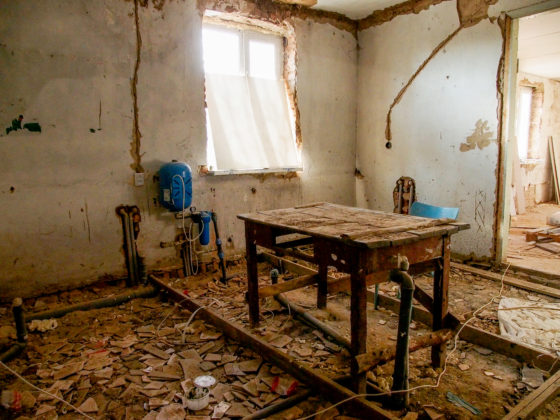
Expectations can be very high. “If you spend a lot of time and effort and think you’ve succeeded,” said Yulia, “your neighbors still may not be satisfied with your efforts.” The friend she visited in Antonovichy had heard that people were speaking disparagingly of her gardening. This would be common for our youth: in orphanages, they would have missed out on much of the teaching they needed about how to garden well, so they’re starting with a disadvantage.
But Last Bell’s young people in villages are not without help!
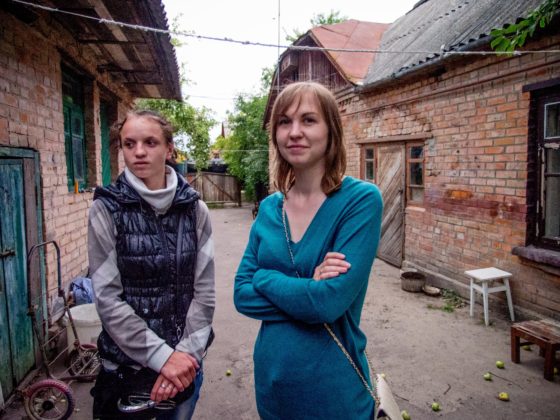
At the very least, village homes need to be safe and livable for our young people and their families. Our Restoration Project is renovating these houses, making them not only livable but beautiful for the former orphans who’ve inherited them, and for their kids, whose parents are breaking the generational orphanage cycle. Praise God!
Many of our youth accompany our staff to their extended families’ village homes, learning how to garden and harvest. We’re grateful for the way our staff include our youth in the seasonal cycles and family activities of rural Ukrainian agrarian-homesteader village life.
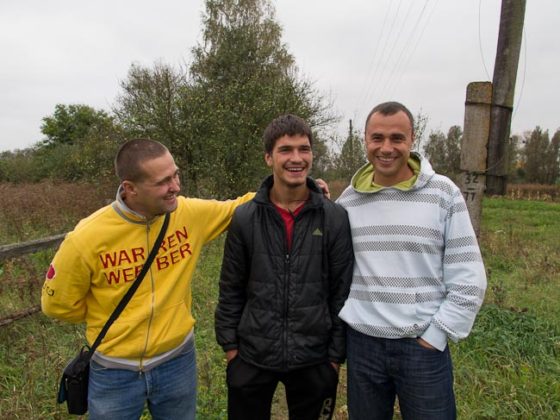
Most of our young people don’t know how to install wiring or fix cars – but our friends, volunteers, and even other orphans are ready to jump in! Our Restoration Project team is comprised of orphan youth who need income and job skills, and in our Restoration Project they’re participants in building a culture where orphanage graduates meet each other’s needs. We’re grateful to God for this “Kingdom” pattern.
Most importantly, orphanage graduates in villages near Zhytomyr know they are known and loved.
Life outside the city isn’t always easy. But with the help of Last Bell staff, volunteers, and your support our youth can learn to thrive – even in a village!
